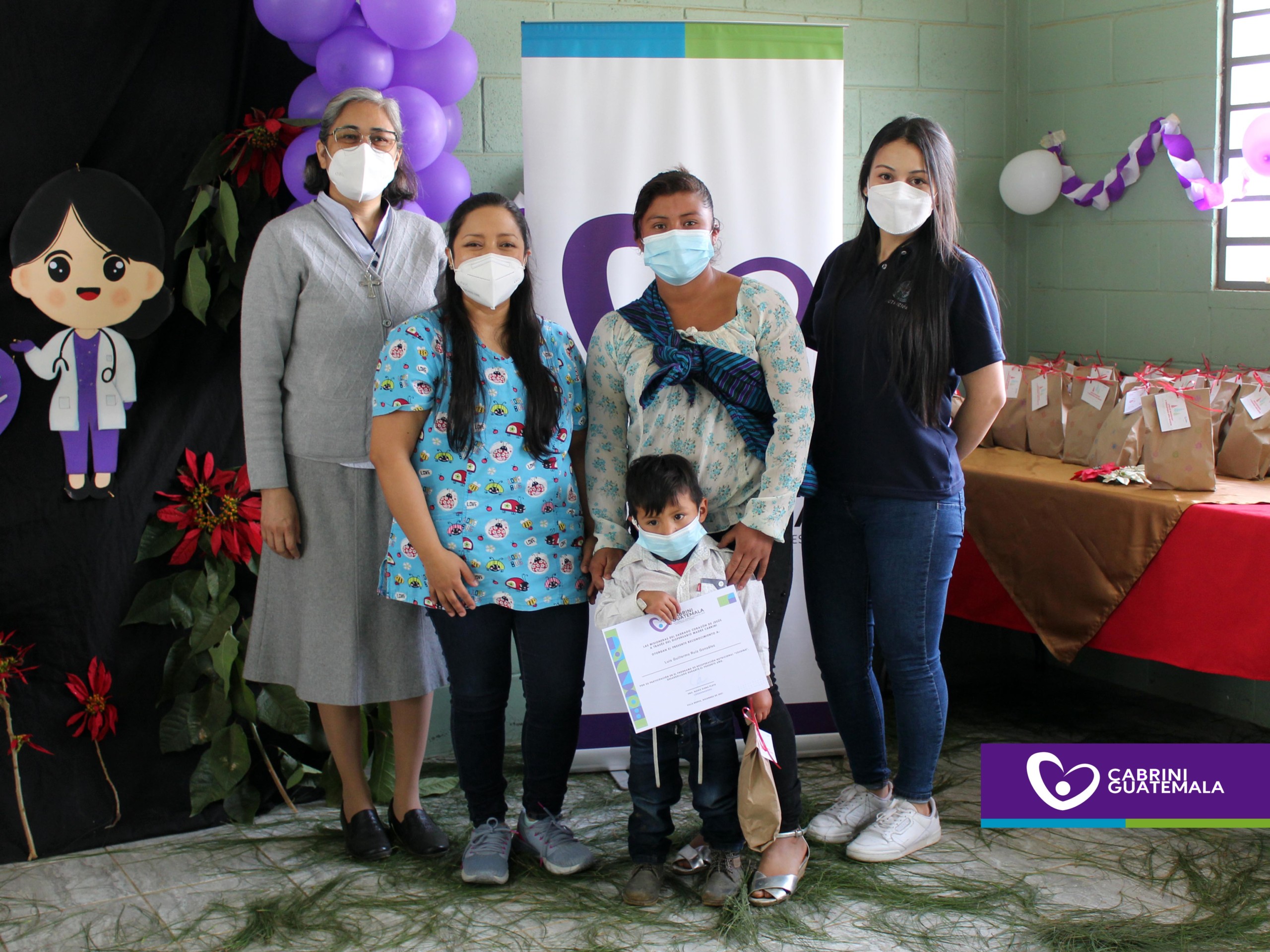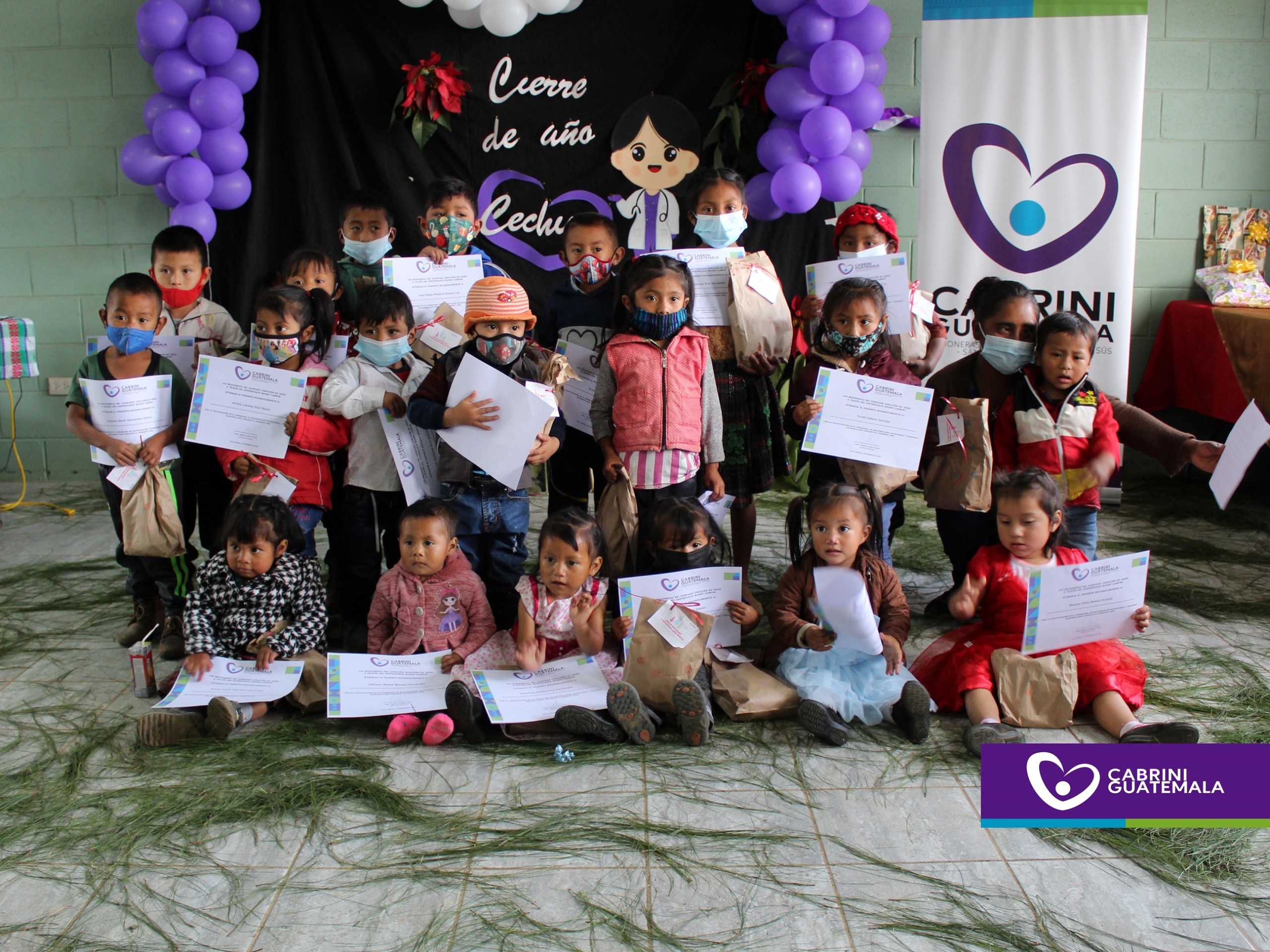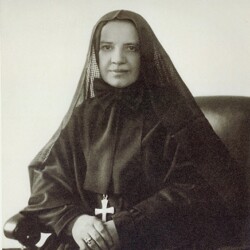Guatemala and Nicaragua Partnership

Cabrini Mission Foundation partners with the Missionary Sisters philanthropic programs in Guatemala and Nicaragua.
In Guatemala, the Foundation provides support for two medical clinics. The clinics were opened in 1975 and provide comprehensive health services to their area populations with a focus on those with limited economic resources. The clinics work assumes a preventative and curative approach. Promoting programs and projects for children and adolescents. Attention is given to the family group, hoping to ensure the welfare of the members of a household, family and community. Pediatric care is a priority, closely watching for healthy child growth, weight and overall development patterns. Increasingly, mental health services are also being provided, connecting not only the health of the children’s body but also their minds.
In Nicaragua, the Foundation provides support for two schools, an elementary school and a high school. The schools were founded respectively in 1969 and 1974. Combined, over 1,900 students are enrolled and are from various economic backgrounds, though most are poor. The schools are located in Managua a densely populated urban area. The cost to provide a student a scholarship to the schools is $12.00 a month. Staff work diligently to create a learning environment that will encourage young people to be good leaders, professionals and community members.

Dispensario Madre Cabrini
Dispensario Madre Cabrini celebrates more than two decades of service to the community in Barcenas, Guatemala. Over these years Sisters and Staff have developed lasting relationships with those who come to the clinic for medical care. However, people receive more than physical care when they arrive. They are always greeted with warmth and love fitting an institution of Catholic health care.
Dispensario Madre Cabrini also runs a number of social service programs including the Program for Older Adults, the “Chispa” program for children, and nutrition education programs for mothers. They are truly involved with the community, which allows them to be responsive to emerging needs and see the results of their efforts.

Cechina Program
Children enrolled in the Cechina Program were attended monthly by a pediatrician, a nutritionist and the social worker, who offered comprehensive care to the children and their mothers.
In each monthly meeting, the pediatrician and the nutritionist, in addition to evaluating the children, developed an educational plan for the mothers, in which they specified the health care and food they should have with the children. In turn, the social worker dealt with issues related to community organization, rights of children and women, importance of saving for times of difficulty, getting the majority of participating mothers to start a monthly saving.
The children who, when evaluated, presented greater difficulty in their improvement, were visited in their homes by the nutritionist and the social worker. During these visits, more specific guidance was given to the mother, demonstrations were made of the preparation of food with healthy recipes, and food alternatives were detailed. In turn, it was supervised that he was implementing the indications he received at the monthly meeting.
Guidelines were provided for the prevention of women’s own diseases, such as the importance of pediatric care of children who are not within the program, and motivating them to seek medical assistance in a timely manner.

